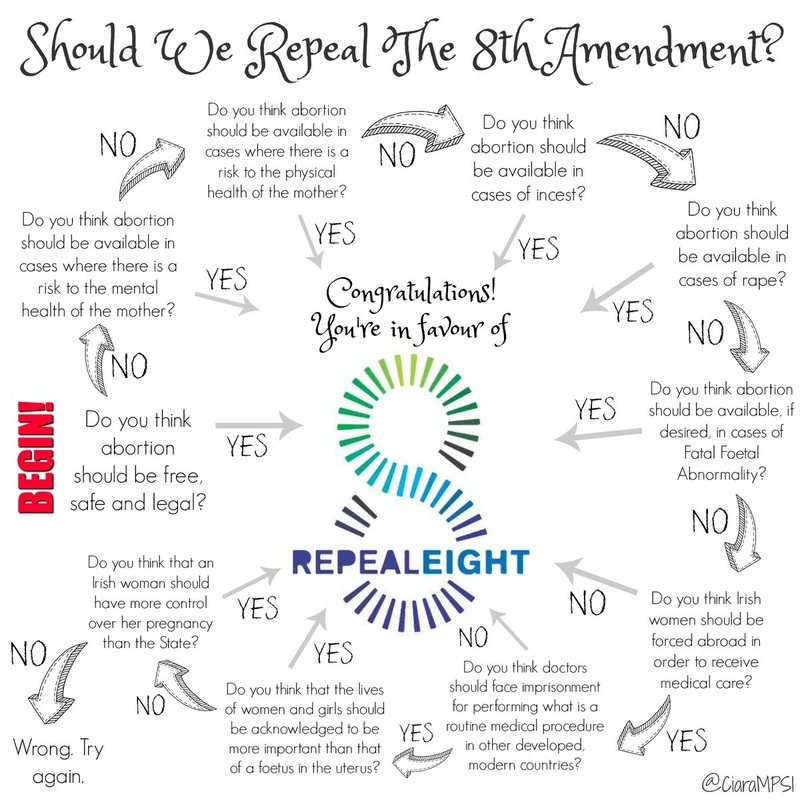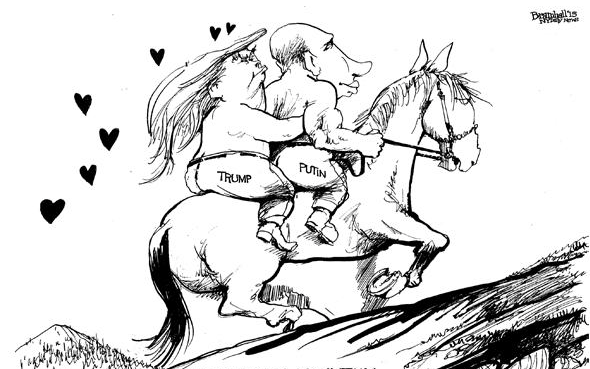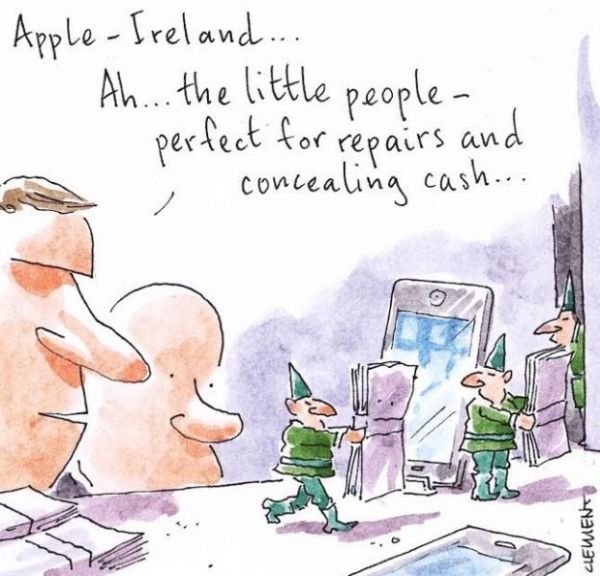My womb is a war zone,
A battleground
Where children die;
My children,
Not by my hand,
By the cast of a die
In a rigged game,
The soft walls of my flesh
Turned into rock
And a hard place.
My womb is a time bomb,
A hot-button topic,
Where politicians scrap
To score points from
Chauffeur-driven cars.
They are protected
From the likes of me:
Woman
With no money, no love,
No choice.
My womb is a plane ride,
A last-minute deal
Where the unborn
Travel for free.
Above the clouds,
In no man’s land
My flesh is allowed
To breath, and it screams;
“Take me home,
I’m lost”.
My womb is an old tomb
Cloaked by heavy lids
Where low murmurs
Debate my future,
Ignoring my pleas
For what’s fair;
My chance to bloom,
My choice, my voice,
My right to my life
And my graceful death.
My womb is the last-born,
A trail-blazer
Where Irish sisters unite
To call the nation
To rise and repeal,
Call the ghosts out
From under the carpet,
Call the unknowns back
From the runway,
Call our truths home.
Tasha Kerry is a writer @xsbabble (http://xsbabble.com/)Picture by @CiaraMPSI




 RSS Feed
RSS Feed
